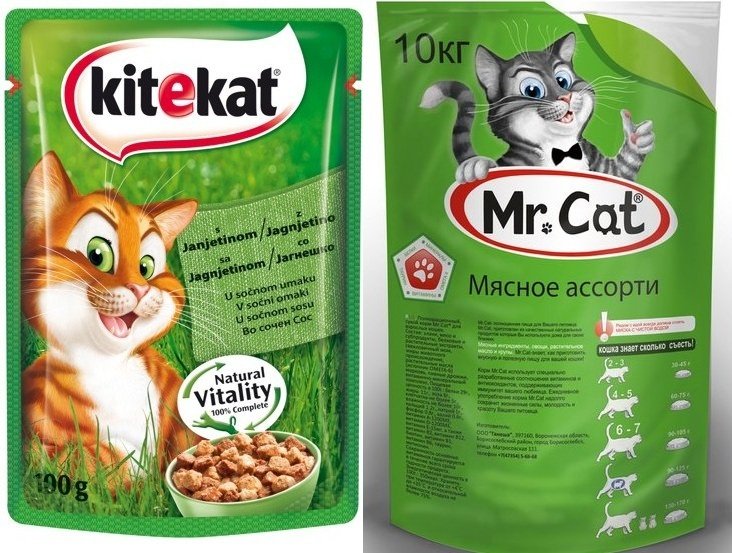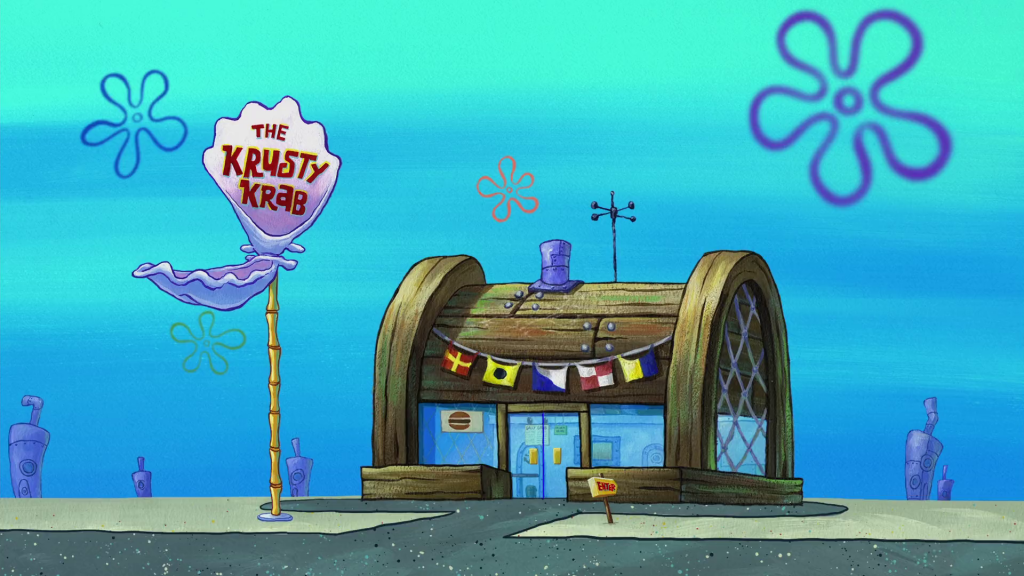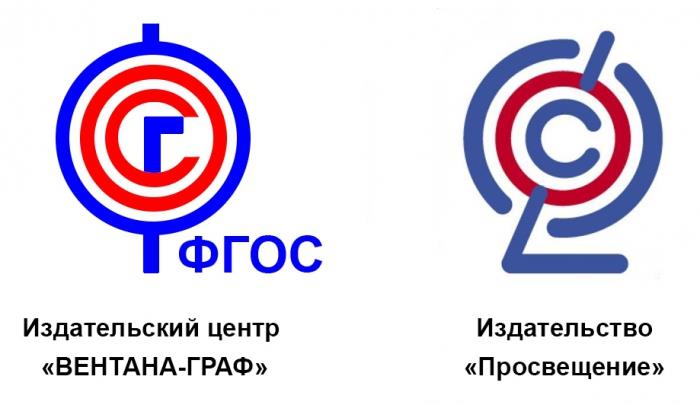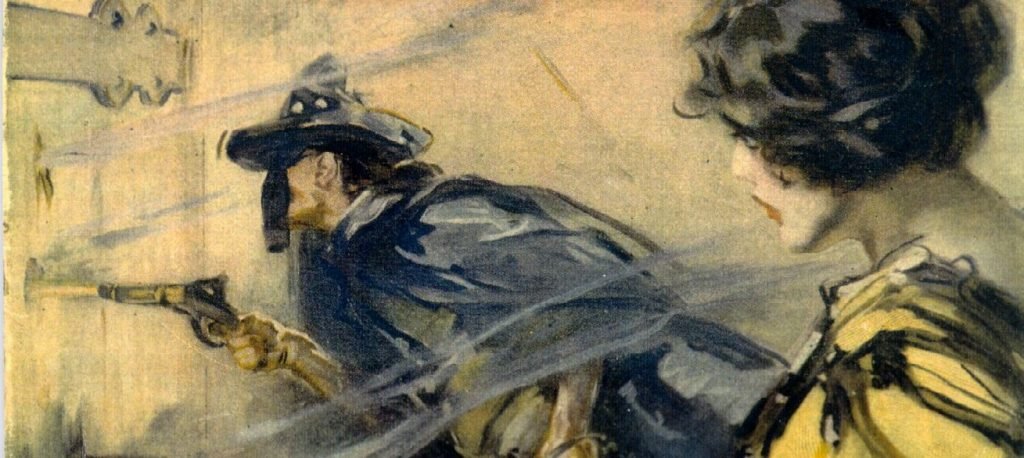One company – Mars Incorporated – has registered the trademark for cat food in EU. The production of this company is sold and available in many markets, including Russian market. But this company is not only one trading cat food in Russia. There is also Russian company from Borisoglebsk town. This company also sells cat food in Russia. The ways of these companies in Russian market have crossed thanks to their trademarks.
Comments closedCategory: Litigation
Viacom International, Inc. (Viacom) sued IJR Capital Investments, L.L.C. (IJR) for infringing on its common law trademark of The Krusty Krab – a fictional restaurant in the popular “SpongeBob SquarePants” animated television series – after IJR took steps to open seafood restaurants using the same name. The district court granted summary judgment to Viacom on its trademark infringement and unfair competition claims. IJR appealed, asserting that Viacom does not have a valid trademark for The Krusty Krab and that its seafood restaurants would not create a likelihood of confusion between the two marks.
Comments closedCurrent law provides special list of information prohibited for dissemination in Russia. If such information is disseminated through the web-site, the access to such web-site can be restricted and even if the owner or operator of such web-site is not aware thereof. So the owner or operator of web-site can face just notification that the access to his web-site is restricted in Russia. Such practice of web-sites blocking is common in Russia.
Comments closedGreat Minds is a non‐profit organization that designs educational materials. These include a copyrighted curriculum called “Eureka Math” (the “Materials”). Great Minds sells the Materials in book form and also releases them to the public without charge but subject to a “public license” (the “License”), using a template that is made available by a group called Creative Commons. The License allows “any member of the public to download, reproduce, and distribute the Materials pursuant to the terms of the License, which is made available to all on the same terms without the need to negotiate.”
Comments closedThe CONAN character was created in 1929 by Robert Howard. But the character remained relatively dormant until the 1950’s, when L. Sprague deCamp, a contemporary author, rediscovered and began writing books featuring CONAN THE BARBARIAN. Many of deCamp’s works were illustrated by Frank Frazetta. In 1970, the Howard estate licensed Marvel Comics to publish a series of comic books featuring CONAN THE BARBARIAN.
Comments closed
This is a copyright infringement action brought by the photographer Jacobus Rentmeester against Nike. The case involves a famous photograph Rentmeester took in 1984 of Michael Jordan, who at the time was a student at the University of North Carolina. The photo originally appeared in Life magazine as part of a photo essay featuring American athletes who would soon be competing in the 1984 Summer Olympic Games.
Comments closedOne Russian publishing house has registered a trademark depicting a Russian letter “Ф” in the form of globe. The sign means that the schoolbook complies with federal state educational standards. This publishing house has filed against another Russian publishing house for trademark infringement. The plaintiff asserted defendant marketed approximately 600 types of production (about 5 mln copies) with plaintiff’s image, depicting on cover, substantially similar to plaintiff’s trademark.
Comments closedRussian company “Telesport” has filed a suit against Russian radio station for infringement of broadcasting rights. According to suit “Telesport” has concluded with International Olympic Committee agreement allowing broadcasting the sport events in Pyeongchang 2018 on exclusive basis. “Telesport” seeks 33 mln Roubles for damages.
Comments closedSoftware developer from Saint-Petersburg has filed a suit against Amazon and Veeam Software. The claimant seeks almost 44 mln Roubles for damages. Formerly claimant worked in Veeam’s Russian entity – “Intervim”. According to claim the claimant developed software “eLearning Metadata Manager” targeted to developers of content for online courses. In 2016 he quit and proposed his employer to conclude non-exclusive license agreement in order to allow employer to use developed software.
Comments closedThe fictional character of “Zorro” first debuted in 1919 in “The Curse of Capistrano” (“COC”), a serialized story by Johnston McCulley which was published in All-Story Weekly. In 1920, COC was adapted into a silent movie titled “The Mark of Zorro” by Douglas Fairbanks. In 1922, McCulley published a sequel to COC entitled “The Further Adventures of Zorro,” which also appeared as a serialized story in All-Story Weekly. COC has also since been re-published as a novel entitled “The Mark of Zorro.” All of these works are in the public domain.
Comments closed


